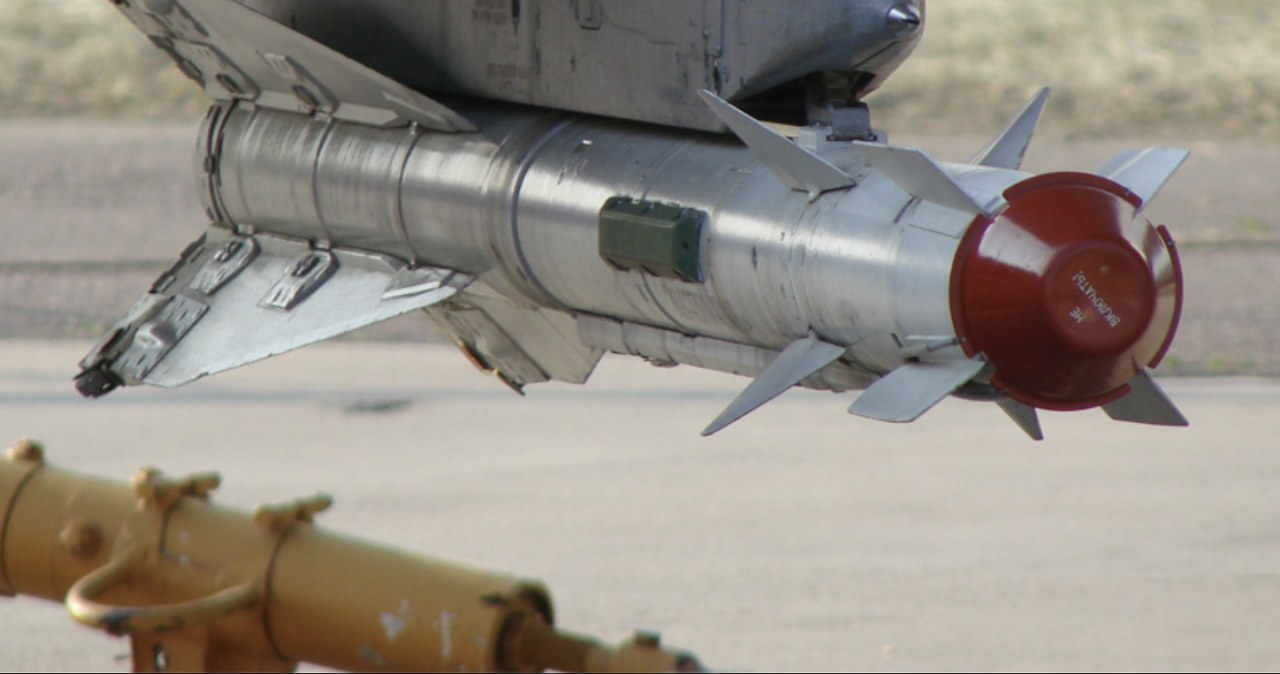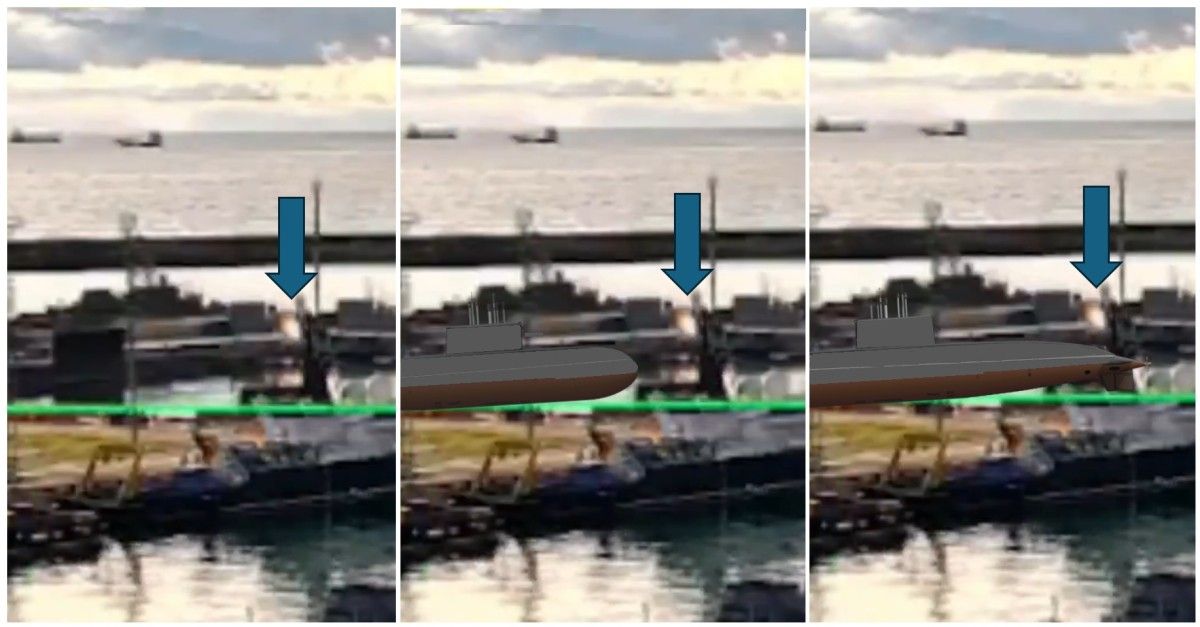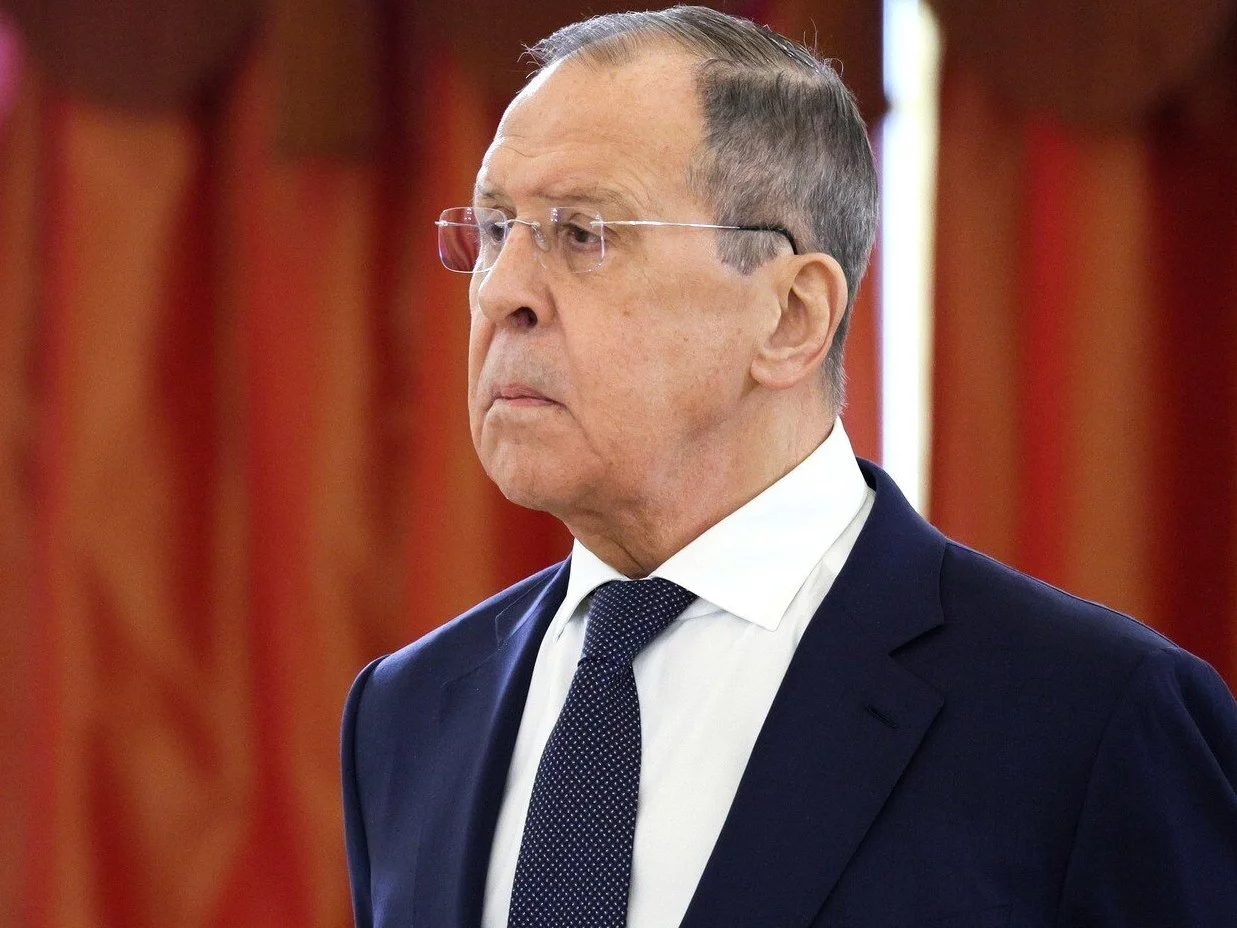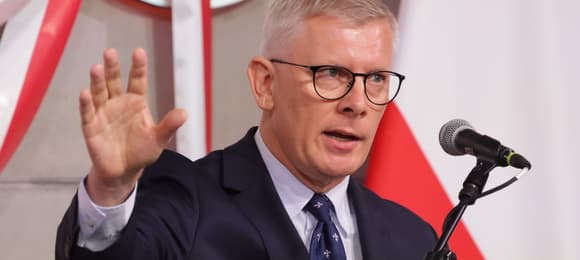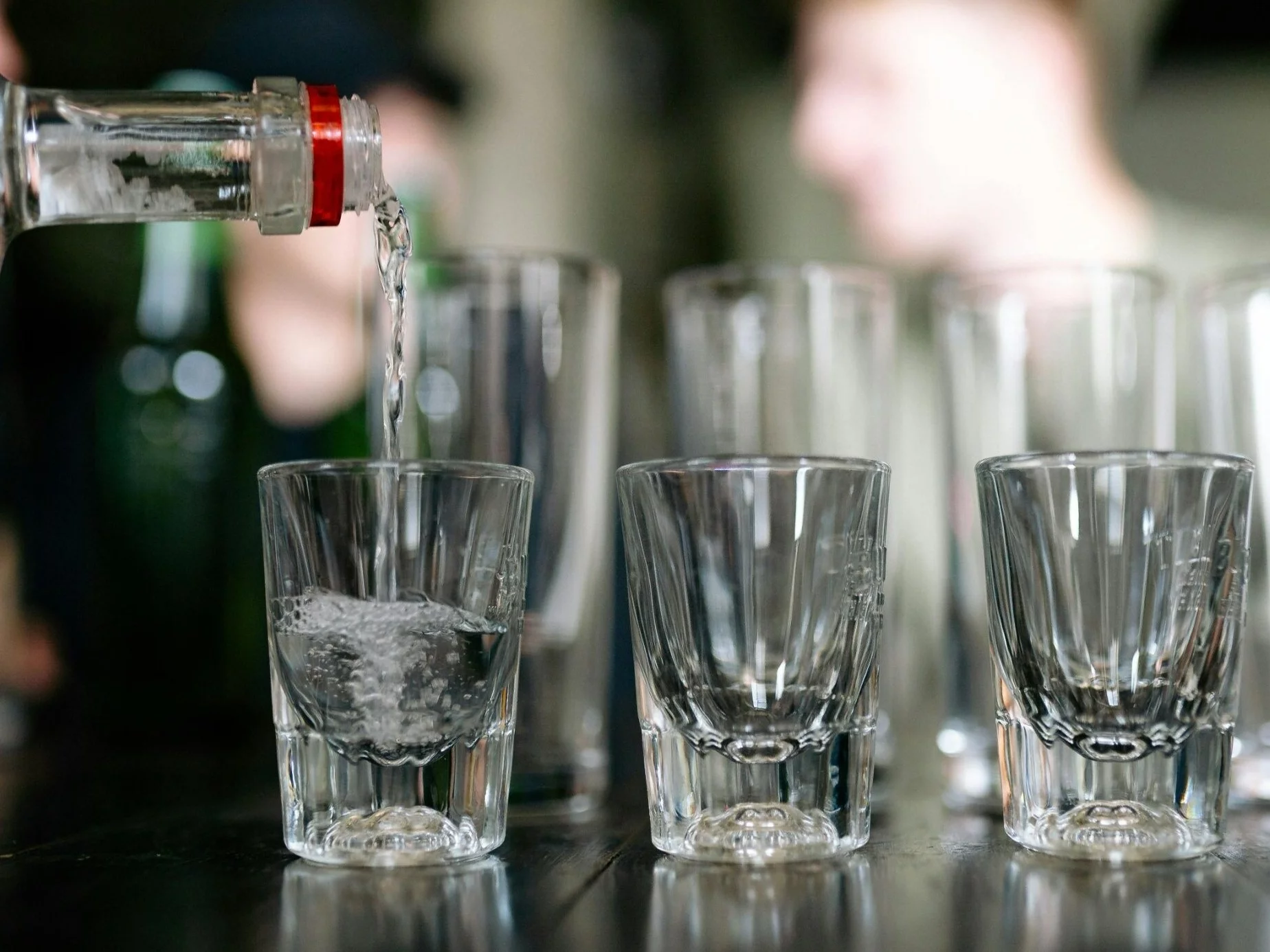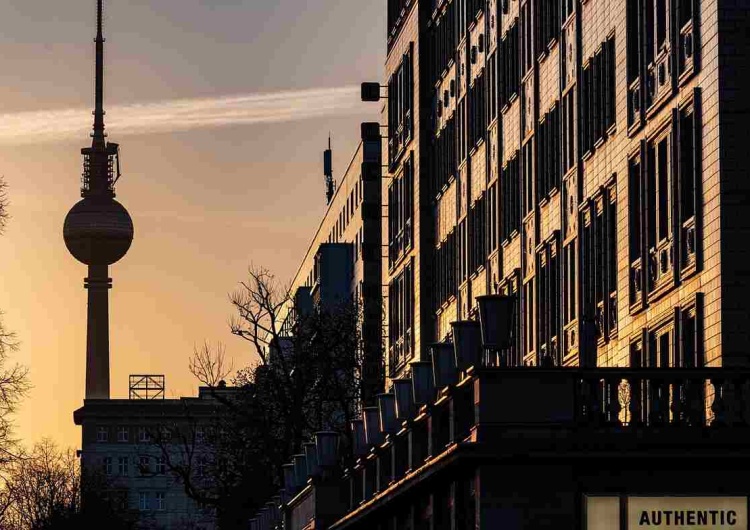Western companies in Russia do not want to lose their rights to their brands. Here's what's behind it
natemat.pl 7 months ago
- Homepage
- Russia
- Western companies in Russia do not want to lose their rights to their brands. Here's what's behind it
Related
Flota Czarnomorska – symbol upadku Rosji
3 hours ago
Rośnie presja na Rosję. Tak tanio nie było od lat
14 hours ago
recommended
Badacze z UW śladami pierwszych muzułmanów w Afryce
22 hours ago
"Upadek Londynu"? Polityka z choinką w tle
2 days ago

